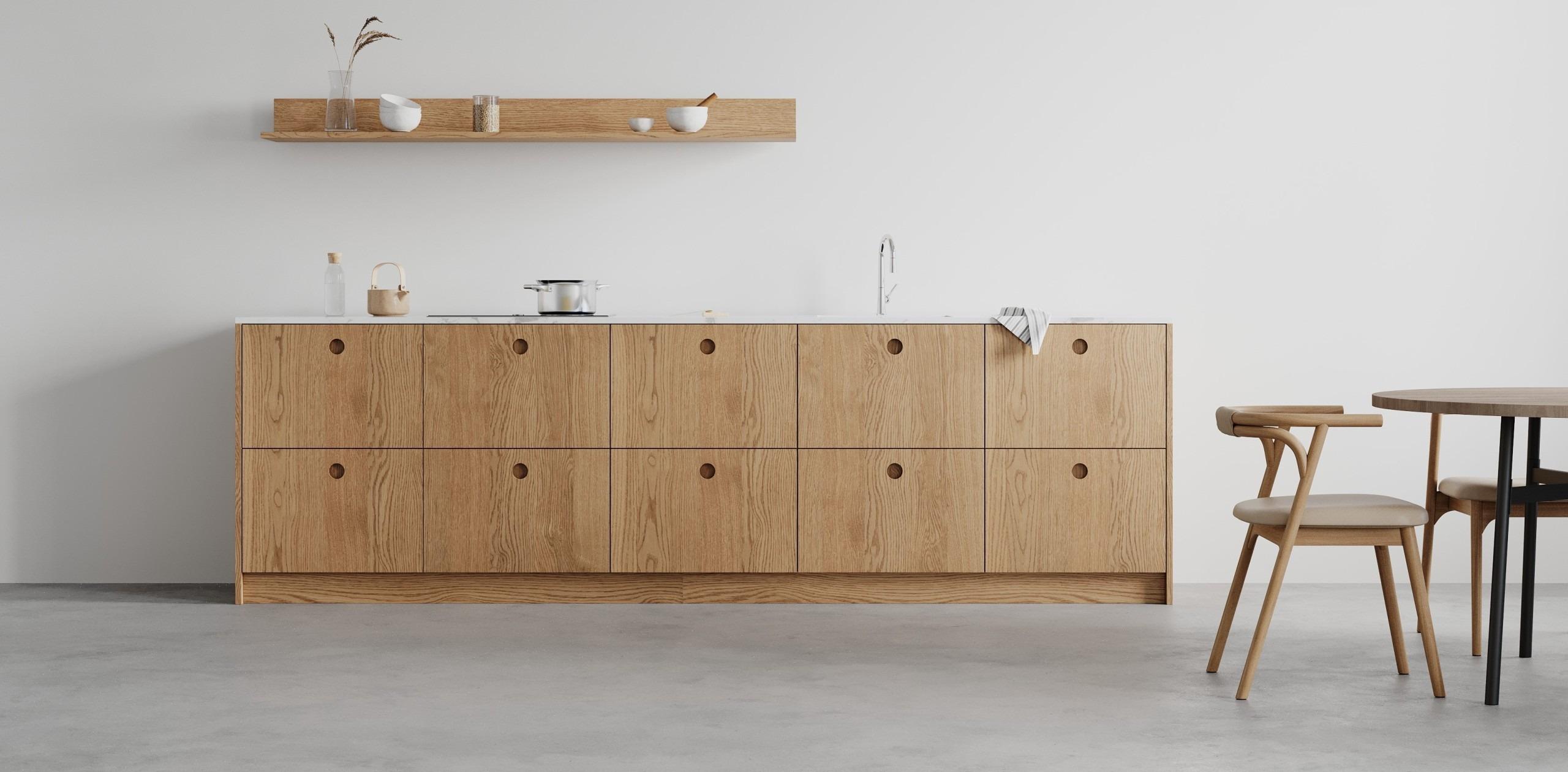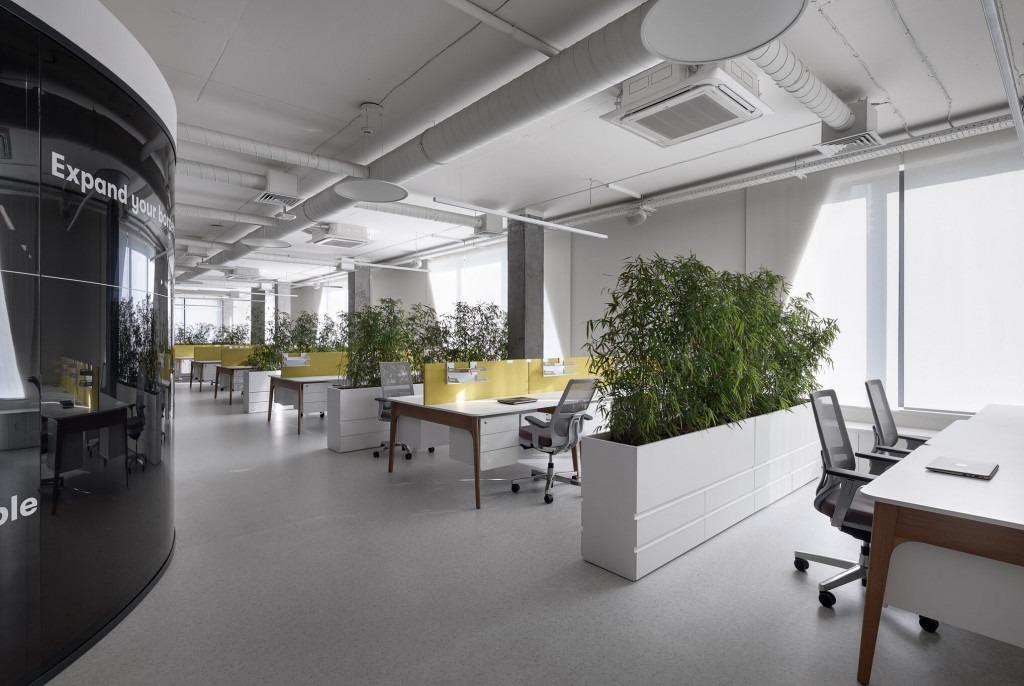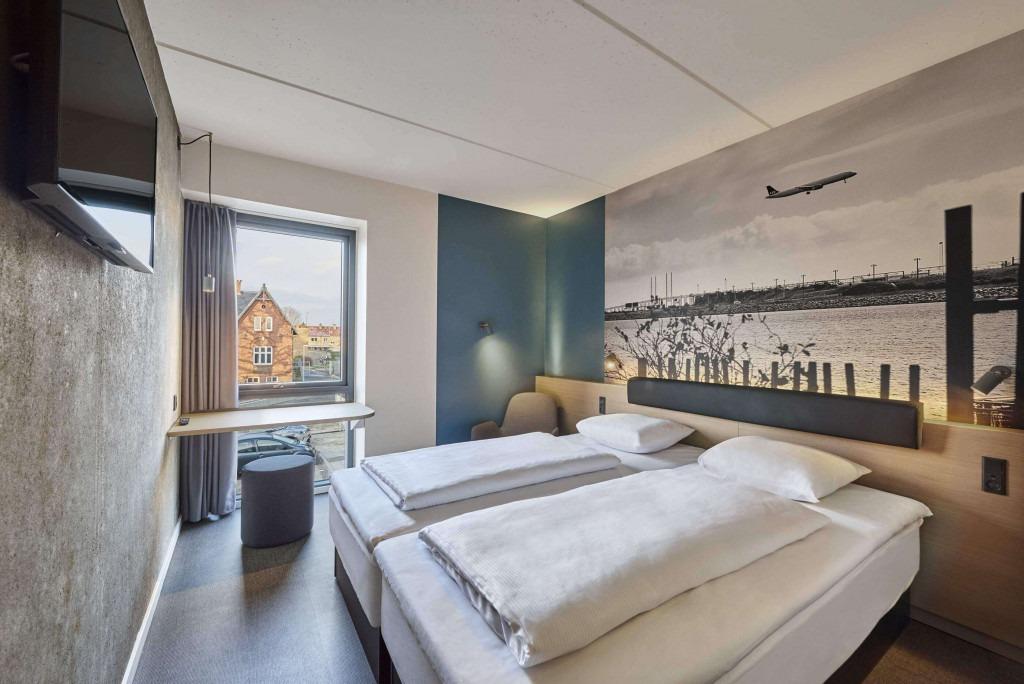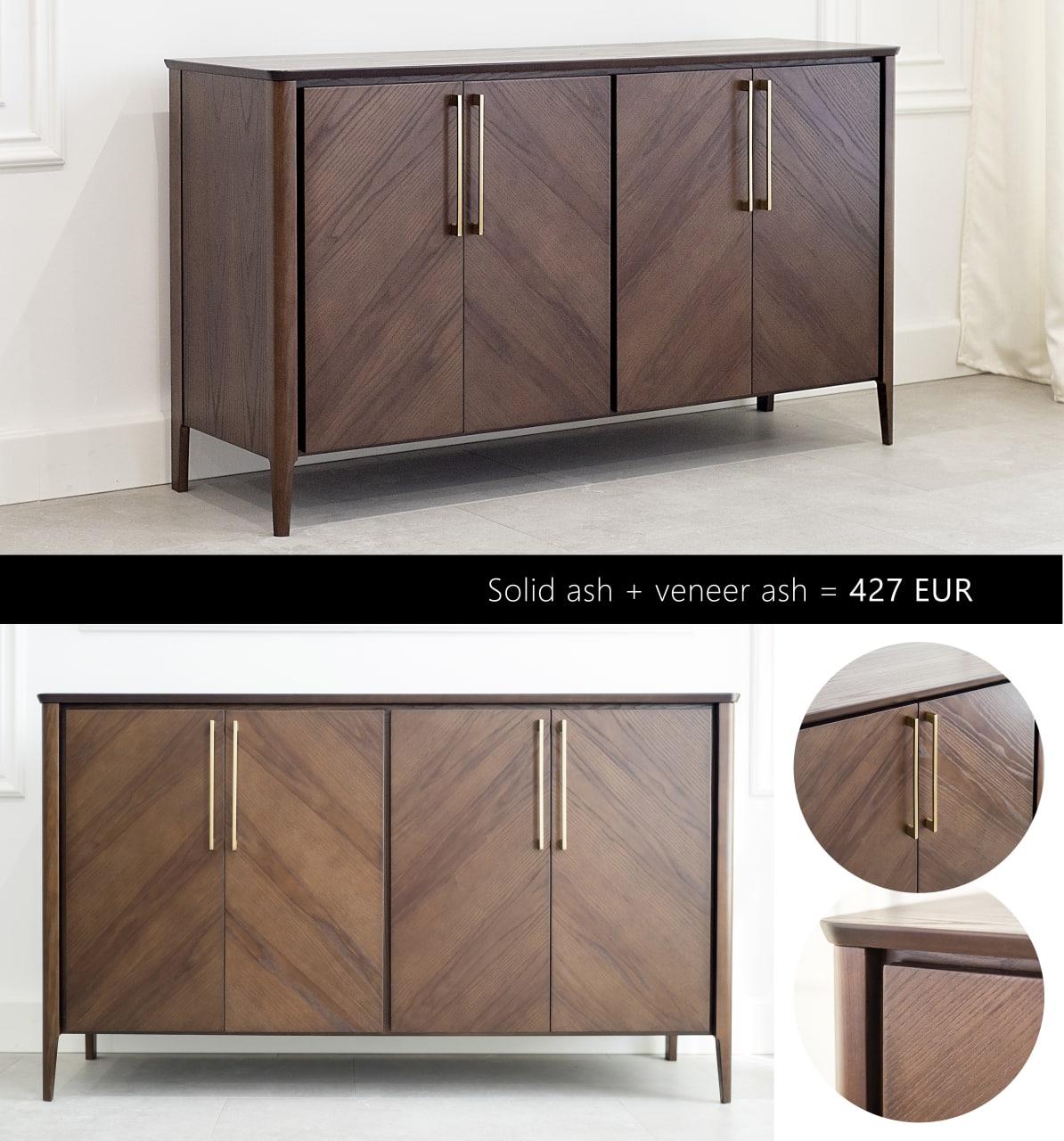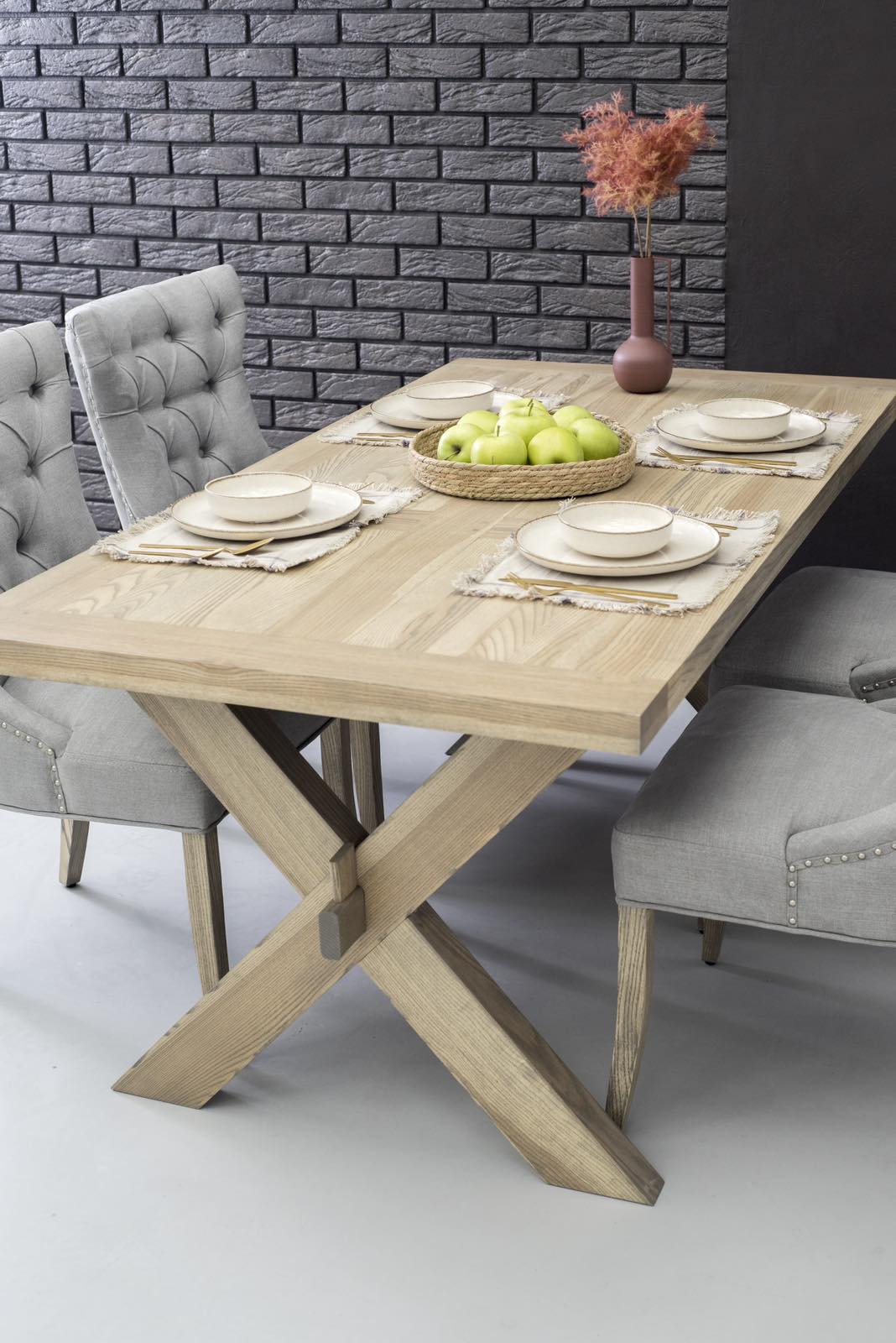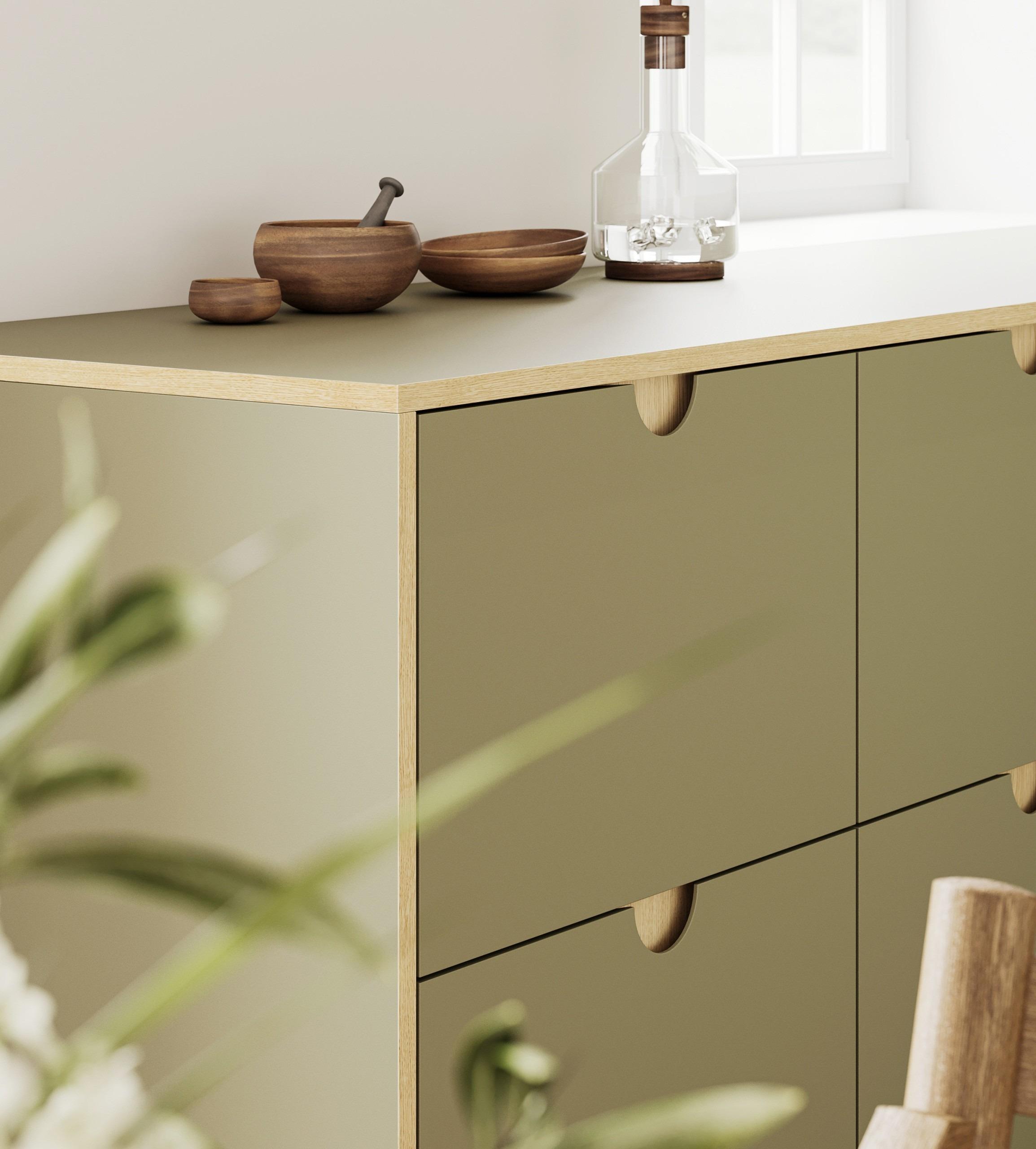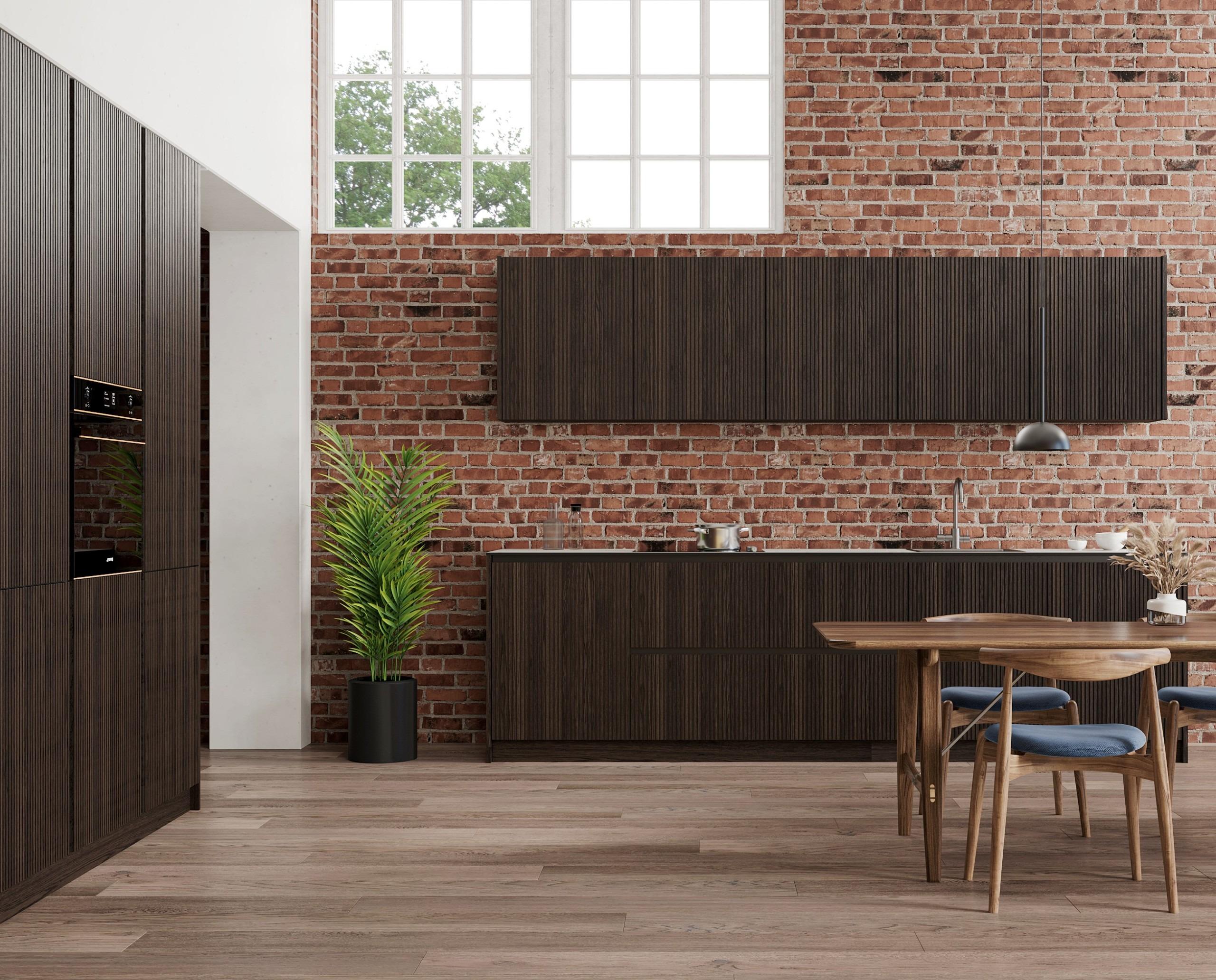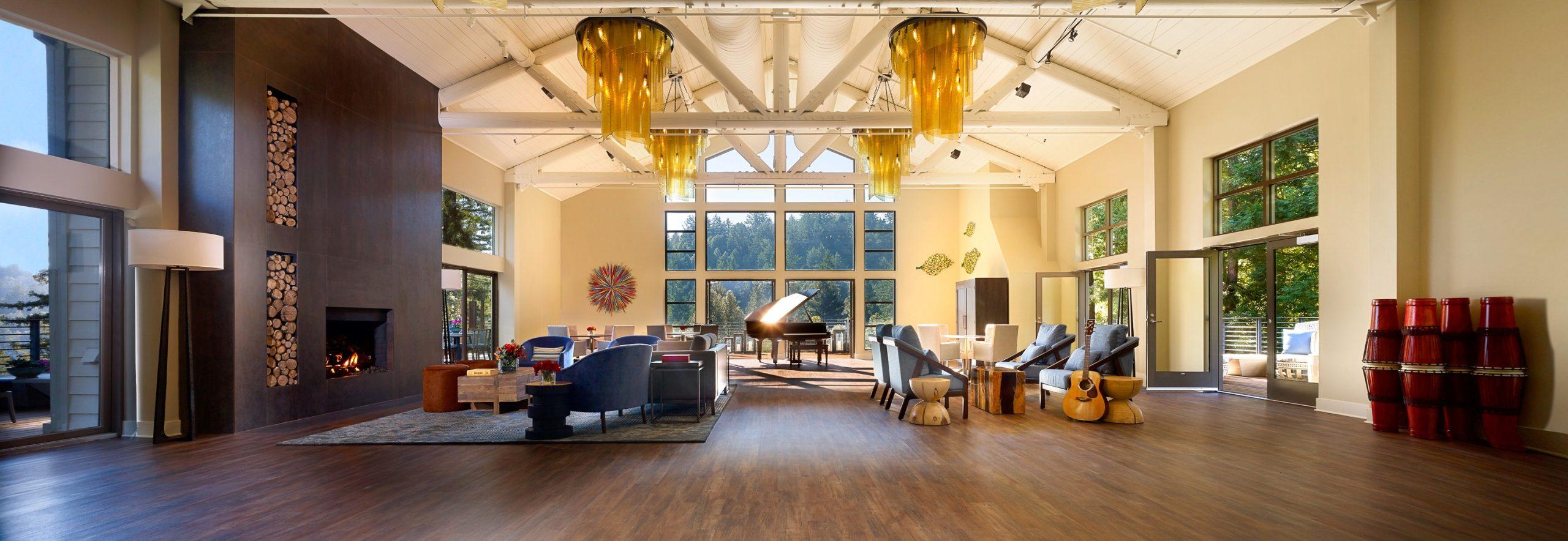Starting Sunday, it’s time to buy Ukrainian-made furniture – in Las Vegas.
Thanks to the efforts of hotelier Jeff Michels and the USAID Competitive Economy Program, 15 Ukrainian furniture manufacturers will display their products at the San Francisco Market from Jan. 29 through Feb. 2.
USAID CEP is a $42 million activity dedicated to advancing a strong, diverse, and open Ukrainian economy by helping small and medium enterprises and business startups become more competitive in domestic and international markets.
The organization recruited Michels on behalf of the Ukrainian manufacturers, after he worked with architects and artisans there to design and refurbish one of his hotels in Sonora, Calif.
“My husband was offered a job in Ukraine in 2019 in the tech sector, and we moved there with our six-year-old son, so I was like: ‘How will this work?’ Michels says. “I had to go back and forth to renovate the Rodeway Inn I owned, which is now the Lumberjack.”
Michels holds a master’s degree in luxury from Bocconi University in Milan, specializing in furniture. But he’d had no opportunity to delve into the furniture business until he began working with the Balbek Bureau, a Ukrainian architecture firm, and Cassone, a furniture maker there.
Balbek Bureau did all of the Lumberjack’s technical drawings for furniture manufacturers in Ukraine, while Cassone made all the furniture on site while educating Michels about the wood they use – and their furniture-making machinery from Italy. “It’s a high level of quality,” he says. “The architects did the full design for lighting, furnishings, and the reconfiguration of the parking lot. It was pretty extensive.”
When the war broke out, Michels returned to the states. “I went back to California, and USAID CEP came to San Francisco this summer and talked about how to help Ukraine with exports to the states,” he says.
Michels told the organization he wanted to meet the manufacturers in Ukraine. “I went there five weeks ago and met 12 of the furniture and lighting manufacturers,” he says. “Both were really interesting.”
For a week after the war started, the manufacturers shut down, then experienced a collective wake-up call and got back to work. Some of those threatened in the east moved their equipment west. “USAID CEP is helping them relocate with funds and the moves, and some use different, new machinery with grants,” he says. “And they’re on huge generators and still producing if power is cut.”
Most are now safely located in Kyiv and Lviv, though many are spread across Ukraine. “They are ready to ship and take orders,” he says. “They need individuals to understand they’re not taking a risk by placing order because these manufacturers are not located near the front line.”
They’ll be at the Las Vegas Market to focus on wholesalers here that are interested in producing on a contract basis, or retailers they can sell directly to. But Michels has other goals for them. Besides finding buyers, he wants to assess, mentor and give advice about how to adapt their furniture products to better suit the U.S. market.
And he wants to build a network to understand their competitors. “They not only need to sell but have a first-hand ability to see who the competitors are, which brands work well, and be able to make changes to their manufacturing process,” he says
Then long-term and strategically, he wants to explore what other markets offer opportunities to them. “Like the lighting exhibit at the Dallas Market, and others on hospitality and restaurants,” he says. “So which manufactures are best suited for which market?”
The advantages for American buyers are striking. There are no taxes paid on any of the furniture exported from Ukraine to the U.S.
And the quality is high. “The level of skill and expertise is quite good – the same thing coming out of Italy would cost three times as much,” he says. “They’re making luxury artisanal pieces that cost $40,000 to $50,000, like bars, commodes, and sculptural pieces.”
A consultant who’s paid by USAID – and who earns no commissions on sales – Michels has moved from Ukrainian hotel design to custom furnishings and now to helping Ukrainian companies grow, despite the wartime challenges they face.
“I wanted to do more to help Ukraine besides writing a check,” he says.
And he’s succeeding – in spades.
For more, go here.

